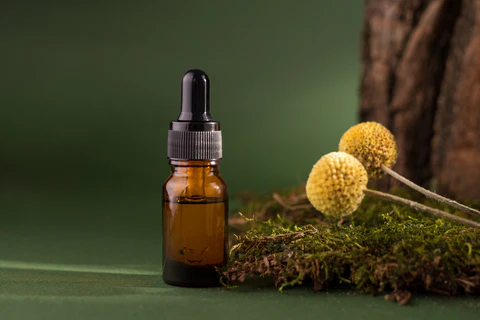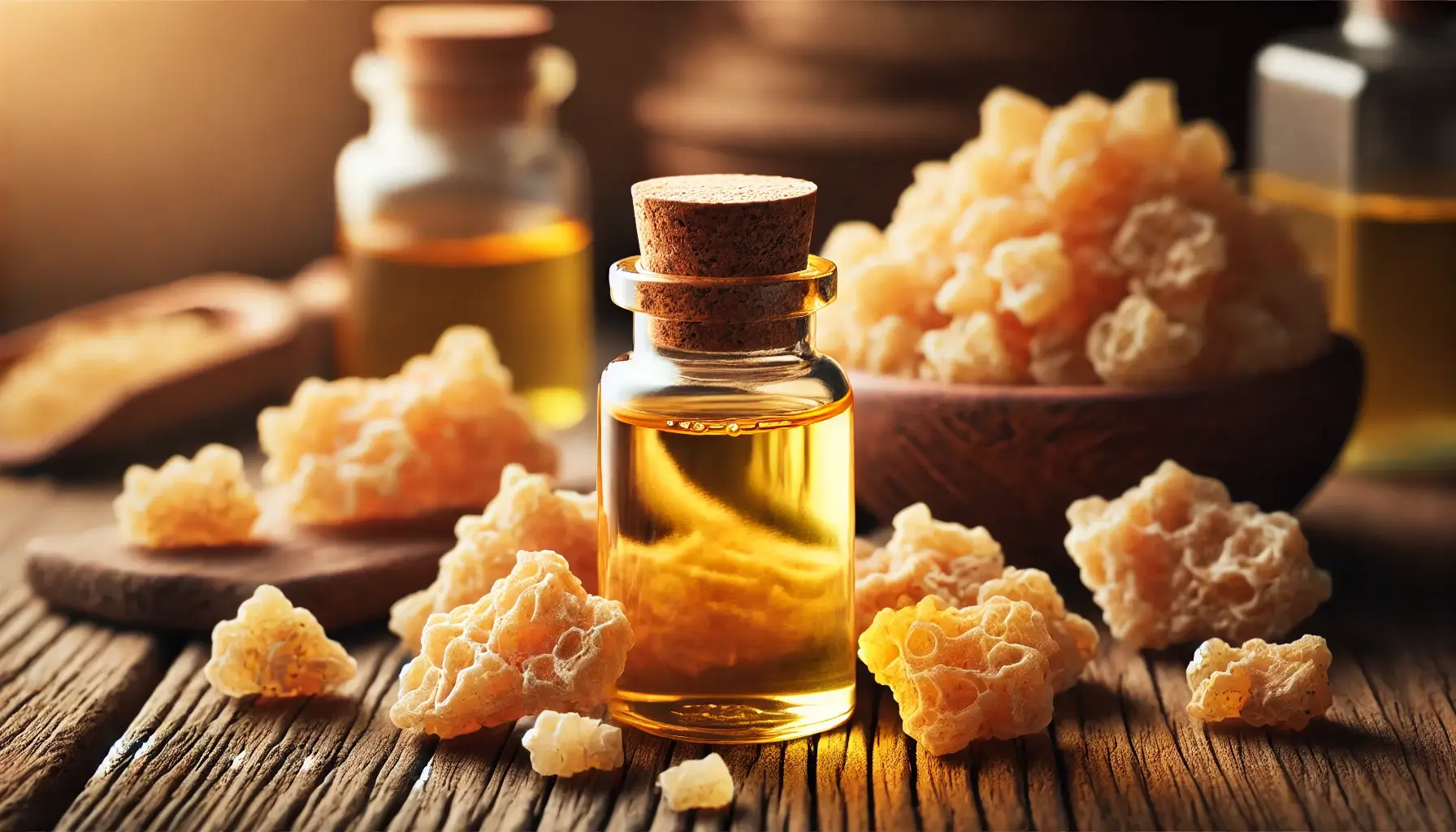
Essential oils have surged in popularity, becoming a go-to in many skincare routines. But what’s the science behind these botanical wonders? Known for their natural healing properties, essential oils have been used for centuries to promote skin health and overall wellness. In recent years, they’ve become more than just a beauty trend, with research supporting their beneficial effects on the skin.
Skincare enthusiasts are turning to essential oils for their powerful ability to nourish, hydrate, and rejuvenate skin. Derived from plants, these oils offer concentrated nutrients and antioxidants, capable of addressing common skin concerns like acne, aging, and inflammation. But not all essential oils are created equal, and understanding how they work can make all the difference in choosing the right one for your skin.
From lavender to tea tree oil, each essential oil has unique properties that can target specific skin issues. In this article, we’ll explore the scientific mechanisms behind essential oils and how they can enhance your skincare regimen. Whether you’re seeking anti-aging solutions, acne relief, or hydration, there’s an oil suited for your skin type and needs.
How Essential Oils Work on the Skin
Understanding the Composition of Essential Oils
Essential oils are complex compounds extracted from plants, flowers, and herbs through methods like steam distillation or cold pressing. They contain volatile aromatic molecules, which are responsible for their characteristic fragrance and healing properties. But what makes essential oils so effective in skincare?
These oils are rich in antioxidants, antimicrobial agents, and anti-inflammatory compounds. They penetrate the skin easily due to their small molecular size, allowing them to reach deeper layers of the dermis. This is why essential oils can treat a variety of skin concerns, from surface-level dryness to deeper issues like inflammation and breakouts.
The Role of Antioxidants
One of the key benefits of essential oils in skincare is their antioxidant content. Antioxidants help to neutralize free radicals, unstable molecules that contribute to skin aging and damage. Free radicals come from environmental stressors like pollution, UV radiation, and chemicals, all of which can lead to premature aging, wrinkles, and pigmentation.
For instance, rosemary essential oil is packed with antioxidants like carnosic acid and rosmarinic acid. These components not only protect the skin but also promote collagen production, which helps maintain skin elasticity and firmness.
Essential Oils for Anti-Inflammation
Inflammation is a common issue in skin conditions like acne, eczema, and rosacea. Essential oils, particularly those with anti-inflammatory properties, can soothe the skin and reduce redness, swelling, and irritation. Chamomile and frankincense oils are particularly noted for their anti-inflammatory effects, helping to calm inflamed skin and promote healing.
Moreover, their antibacterial properties make essential oils suitable for treating infections, acne, and other skin disorders. For example, tea tree oil has been widely studied for its ability to fight acne-causing bacteria without causing the dryness and irritation associated with chemical treatments.
Benefits of Specific Essential Oils for Different Skin Types
Lavender: The All-Rounder for Sensitive Skin

Lavender oil is perhaps one of the most versatile essential oils, known for its soothing and healing properties. It works wonders for sensitive skin prone to irritation, redness, or dryness. Lavender oil is not only calming to the senses but also offers antiseptic and antifungal properties, which make it ideal for acne-prone skin.
Lavender helps to balance the skin’s moisture barrier, reducing dryness and promoting an even complexion. Moreover, its gentle nature makes it perfect for use on sensitive areas of the skin, such as the under-eye region or neck.
Tea Tree Oil: The Acne Fighter
For oily and acne-prone skin, tea tree oil is a powerful ally. Known for its antimicrobial and antifungal properties, tea tree oil is effective in combating the bacteria responsible for acne outbreaks. In fact, research shows that tea tree oil can be as effective as benzoyl peroxide, a common acne treatment, but without the harsh side effects like peeling or excessive dryness.
Regular use of tea tree oil can help reduce inflammation, clear blocked pores, and regulate the skin’s oil production. This makes it a must-have for anyone struggling with breakouts or clogged pores.
Rosehip Oil: A Natural Retinol Alternative
Rosehip oil has gained recognition as a natural alternative to retinol, a popular anti-aging ingredient. This oil is rich in vitamins A and C, essential fatty acids, and antioxidants, which work together to reduce the appearance of fine lines, wrinkles, and hyperpigmentation.
Rosehip oil also boosts collagen production and improves skin elasticity, making it ideal for those looking to enhance their skin’s texture and tone. For dry or mature skin, rosehip oil is incredibly hydrating, helping to lock in moisture and repair damaged skin cells.
How to Incorporate Essential Oils into Your Skincare Routine
Dilution: Essential Oils and Carrier Oils
Essential oils are potent, and applying them directly to the skin can cause irritation. That’s why it’s important to dilute essential oils with a carrier oil. Carrier oils, like jojoba or almond oil, help to dilute the essential oil without compromising its effectiveness.
Typically, a 2% dilution is recommended for facial application. This means adding about 12 drops of essential oil per ounce of carrier oil. For those with sensitive skin, a 1% dilution may be safer, while body applications can handle up to 5%.
Patch Testing Before Use
Before adding any new essential oil to your skincare routine, it’s crucial to do a patch test. Apply a small diluted amount of the oil to your inner forearm and wait 24 hours to ensure you don’t have an allergic reaction.
Best Practices for Application
To maximize the benefits of essential oils, they should be applied to clean, damp skin. After cleansing and toning, apply the diluted essential oil directly to areas of concern, such as acne spots or wrinkles. You can also add a few drops to your moisturizer or serum for an added boost of nutrients.
The Risks and Precautions of Using Essential Oils
Potential for Skin Sensitivity
While essential oils offer numerous benefits, they aren’t without risks. Some oils can cause allergic reactions or sensitivities, particularly if they’re not diluted properly. Citrus oils like lemon or bergamot can increase the skin’s sensitivity to sunlight, leading to sunburn or pigmentation if exposed to UV rays.
Quality Matters: Choosing the Right Oils
Not all essential oils are created equal. Poor-quality oils can contain harmful additives or be less effective due to improper extraction methods. It’s crucial to choose therapeutic-grade essential oils from reputable sources. Look for oils that are 100% pure and have been extracted using safe methods like steam distillation or cold pressing.
Conclusion: Harnessing the Natural Power of Essential Oils in Skincare
Incorporating essential oils into your skincare routine can offer significant benefits, from calming sensitive skin to reducing signs of aging and combating acne. However, the key lies in understanding the science behind each oil and using them correctly.
By selecting high-quality, appropriate oils for your skin type and diluting them properly, you can unlock the full potential of these botanical powerhouses. Whether you’re battling breakouts or looking to maintain a youthful glow, essential oils provide a natural, effective solution for many skincare concerns.








